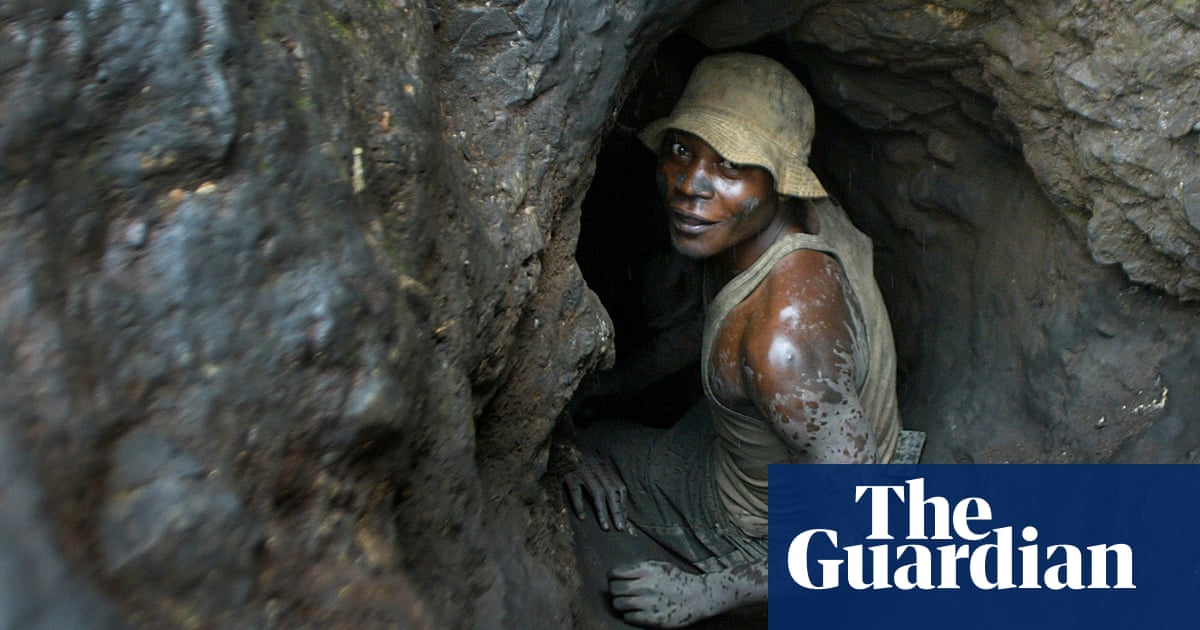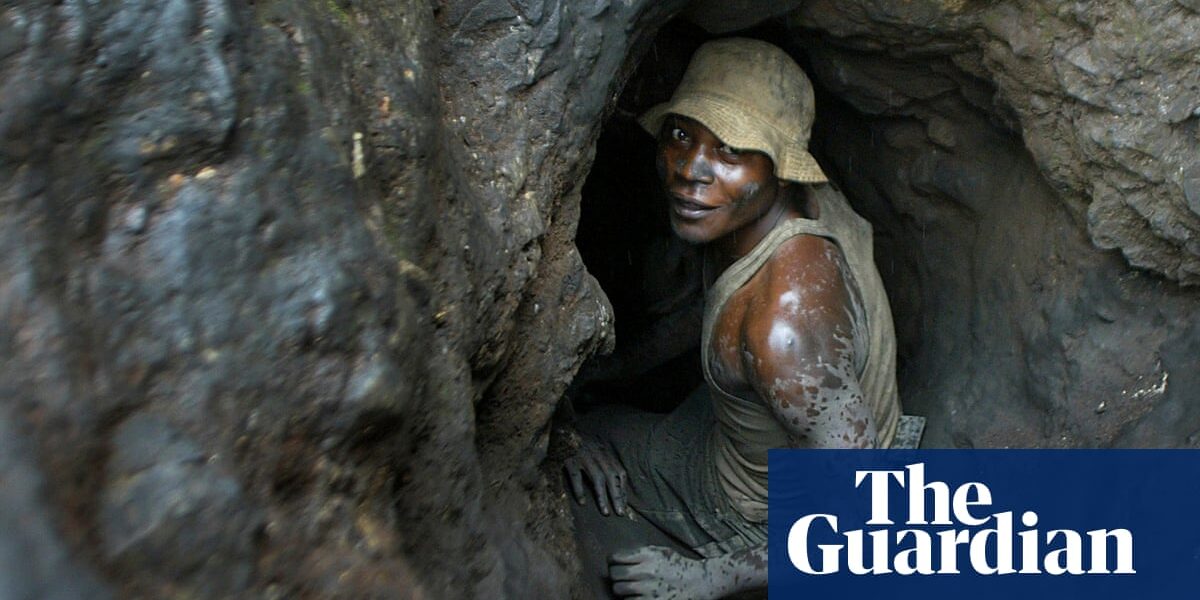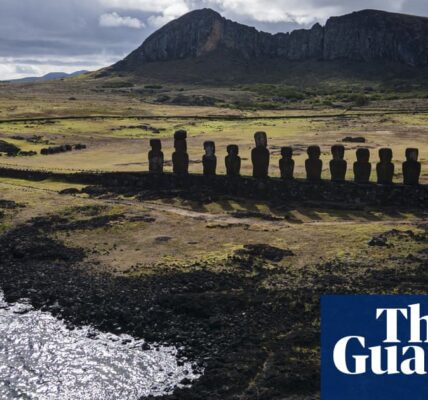African leaders demand fair distribution of minerals used in sustainable energy production.

African leaders are urging for more stringent regulations on the rush for minerals and metals essential for a transition towards clean energy, in order to prevent perceived injustices and exploitation that often occur with fossil fuel operations.
A proposal was put forward at the United Nations environmental assembly in Nairobi on Wednesday, advocating for structural reforms that would lead to fair distribution of profits from resource extraction. This proposal was backed by several African nations, predominantly Senegal, Burkina Faso, Cameroon, and Chad, and also emphasized the sustainable utilization of transitional resources.
Jean Marie Bope, a representative from the Democratic Republic of the Congo, stated that this resolution holds significant importance for African nations, the environment, and the wellbeing of our people. The Democratic Republic of the Congo was in favor of the resolution.
There has been a significant increase in the demand for transitional minerals and metals in the last ten years due to the global shift away from fossil fuels towards renewable energy sources like solar power, wind power, and electric cars. According to the United Nations Environment Programme, meeting our climate objectives will require billions of tonnes of transitional minerals over the next 30 years.
Africa holds substantial reserves of the critical minerals. More than a half of the world’s cobalt and manganese, and 92% of its platinum, are found on the continent. DRC produces two-thirds of the world’s cobalt, a mineral used to build electric-vehicle batteries. But despite its vast mineral wealth, it remains one of the world’s poorest countries. Child labour and rights abuses also remain widespread in the country’s mining sector.
Leaders have stated that the desire for minerals in Africa, which are rich in resources, is not being utilized. Numerous countries in the area lack the ability to process these essential transitional materials within their borders. As a result, the minerals are typically exported in their natural form and then refined in other countries, primarily in China, where the majority of global mineral processing and production takes place.
Many African countries with abundant mineral resources are making efforts to benefit from the growth of green minerals and their potential for creating economic opportunities and jobs. As a result, some countries have implemented limitations on exporting raw minerals in order to encourage domestic processing. During the assembly, leaders emphasized the importance of agreements that facilitate the transfer of technology, increase local processing capabilities, and improve workforce skills in order to ensure a fair transition.
Bope, one of the contributors to the resolution, stated that exporting our minerals in their natural state has not proven to be advantageous for the continent. Despite Africa’s sufficient mineral resources to support the transition to clean energy, we do not want to repeat past practices.
Environmental activists echoed the demand for fair distribution of benefits. While showing their approval for the worldwide move towards eco-friendly technologies, they pointed out that the transition to clean energy could potentially perpetuate current disparities in the African oil and gas industry. According to the African Union, the region exports about 75% of its raw petroleum, which is then processed in other countries and brought back as fuel products. Additionally, it exports 45% of its natural gas, which only has a minimal impact on meeting regional energy demands, despite 600 million Africans lacking access to electricity.
“We must ensure that industrialization takes place in our own continent and not simply following another nation’s industrialization agenda,” stated Seble Samuel, the director of Africa-related campaigns and advocacy for the fossil fuel non-proliferation treaty initiative. “We must not repeat the same patterns of exploitation and extraction that have occurred with the fossil fuel industry.”
Inger Andersen, UNEP’s executive director, called on governments and businesses to use responsibly sourced minerals in their clean energy transition, and on mineral-rich countries to enter into contractual arrangements that safeguard against “colonial models” of resource and labour exploitation.
Ignore the advertisement for the newsletter.
after newsletter promotion
Advocates also expressed worries regarding the environmental and human rights implications of mineral mining. They noted that uncontrolled mining practices may result in the exhaustion of resources, harm to biodiversity, and threatened rights of indigenous populations.
The nations supporting the resolution urged the UN to further advance worldwide understanding of emerging methods like deep sea mining, which involves extracting essential materials from the ocean floor. This process has raised concerns among environmentalists about potential harm to marine organisms.
According to Bope, the individual in charge of DRC’s program for monitoring marine pollution, it is crucial to closely examine and comprehend the effects of the experimental phase on the delicate marine ecosystem. This requires careful observation due to its sensitivity.
Source: theguardian.com



